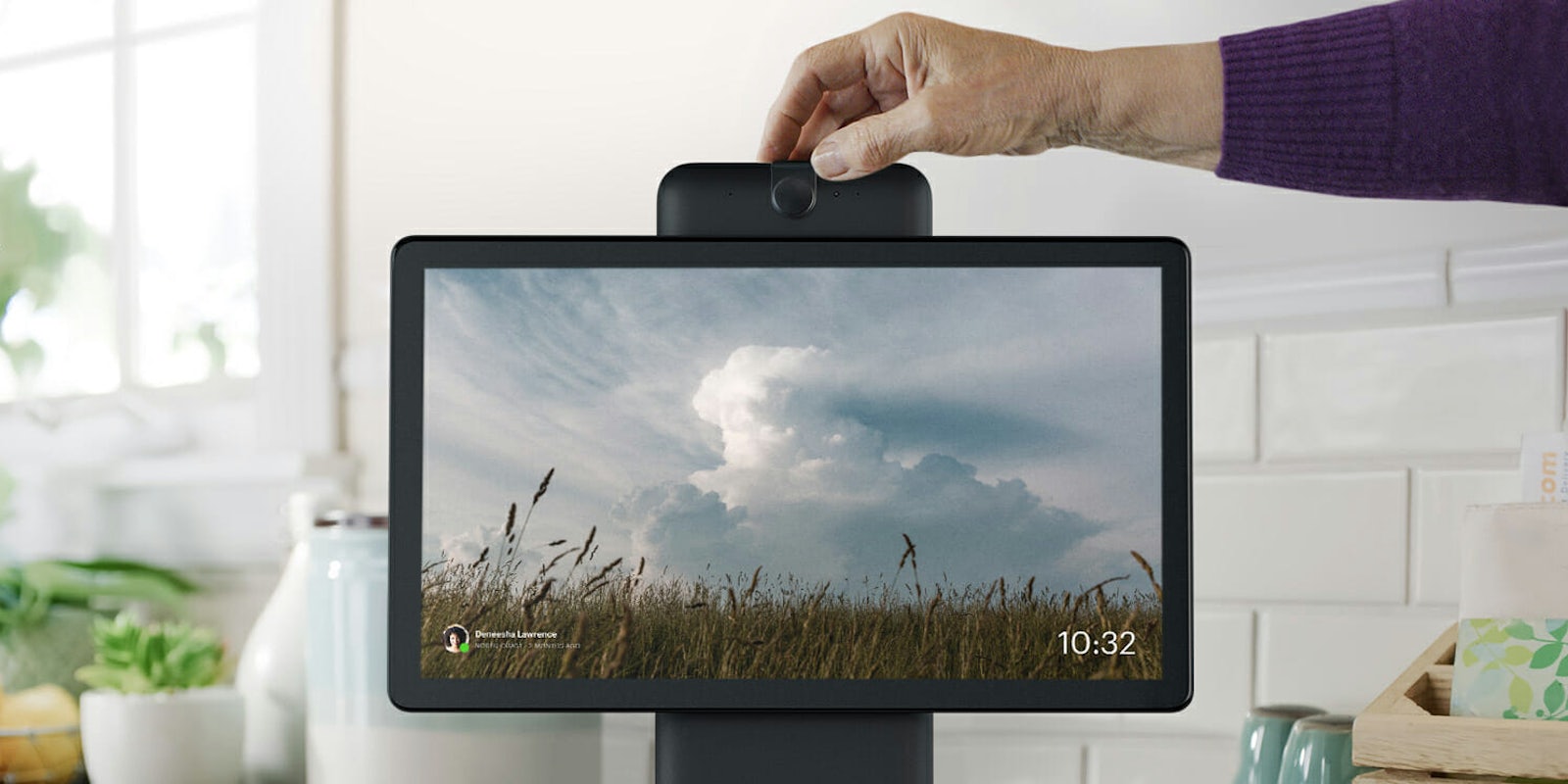Facebook is stressing to consumers that its newly-launched “Portal” device isn’t watching or listening—but will use some data to serve you ads.
The smart home assistant, which hit store shelves Thursday, has raised privacy concerns due to its microphone and camera, used for chatting over Facebook Messenger.
Still reeling from the Cambridge Analytica scandal, which saw data on as many as 87 million Facebook users handed over to third parties, the social media giant is attempting to convince consumers that Portal is a trustworthy and necessary addition to their home.
Speaking with TechCrunch, Facebook Vice President Andrew Bosworth repeatedly highlighted the focus on security when developing Portal.
“[T]he thing that’s novel about this device is the camera and the microphone,” Bosworth said. “That’s a place that we’ve gone overboard on the security and privacy to make sure consumers can trust at the electrical level the device is doing only the things that they expect.”
Among the features, Facebook says that all Portal video calls are encrypted and that the company does not listen to, view, or keep the contents. The “Smart Camera,” which allows the Portal to follow a user around the home, is also run locally on the device and not from Facebook servers.
The Portal even comes with a plastic camera cover intended to give users peace of mind while the device is not in use.
And while voice commands issued to the device are stored by the company, Bosworth stressed that the audio, as well as all video, would not be used to target ads.
“I can be quite definitive about the camera and the microphone, and content of audio or content of video and say none of those things are being used to inform ads, full stop,” Bosworth said. “I can be very, very confident when I make that statement.”
Bosworth added, however, that some information, including the frequency and length of calls, will be gathered for advertising purposes.
“If you were somebody who frequently use video calls, maybe there would be an ad-targeting cluster, for people who were interested in video calling,” Bosworth noted. “You would be a part of that. That’s true if you were using video calling often on your mobile phone or if you were using video calling often on Portal.”
Facebook had initially told Recode early last month that no Portal data would be used for ads, but later clarified that the statement was inaccurate.
Despite the alleged adherence to privacy, Bosworth admits that Facebook’s current image has made the launch of Portal more difficult.
“Certainly, the headwinds that we face in terms of making sure consumers trust the brand are ones that we’re all familiar with and, frankly, up to the challenge for,” Bosworth said. “It’s good to have extra scrutiny. We’ve been through a tremendous transformation inside the company over the last six to eight months to try to focus on those challenges.”


